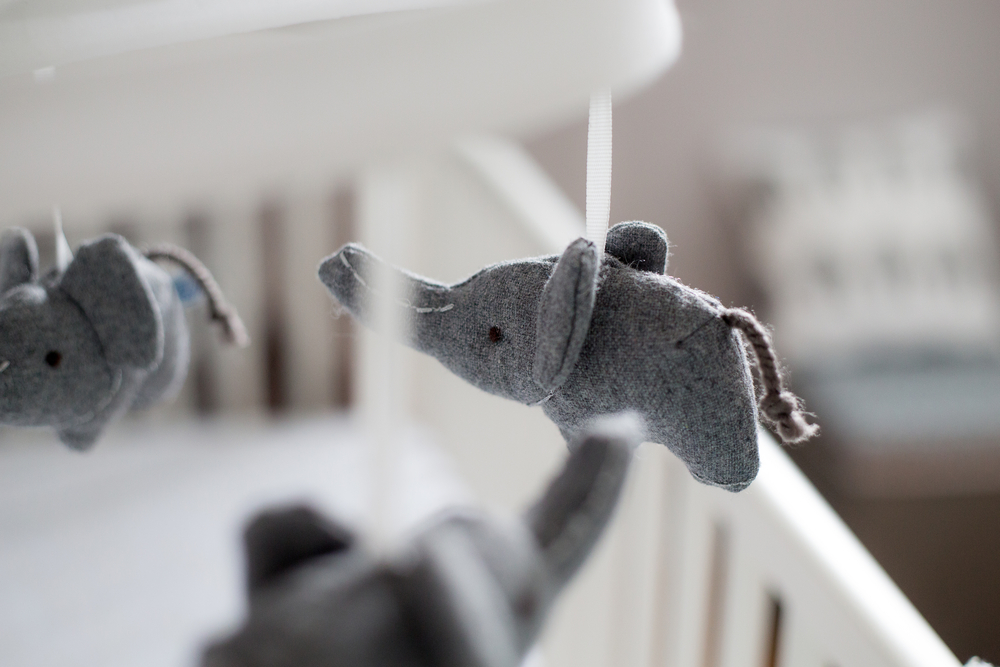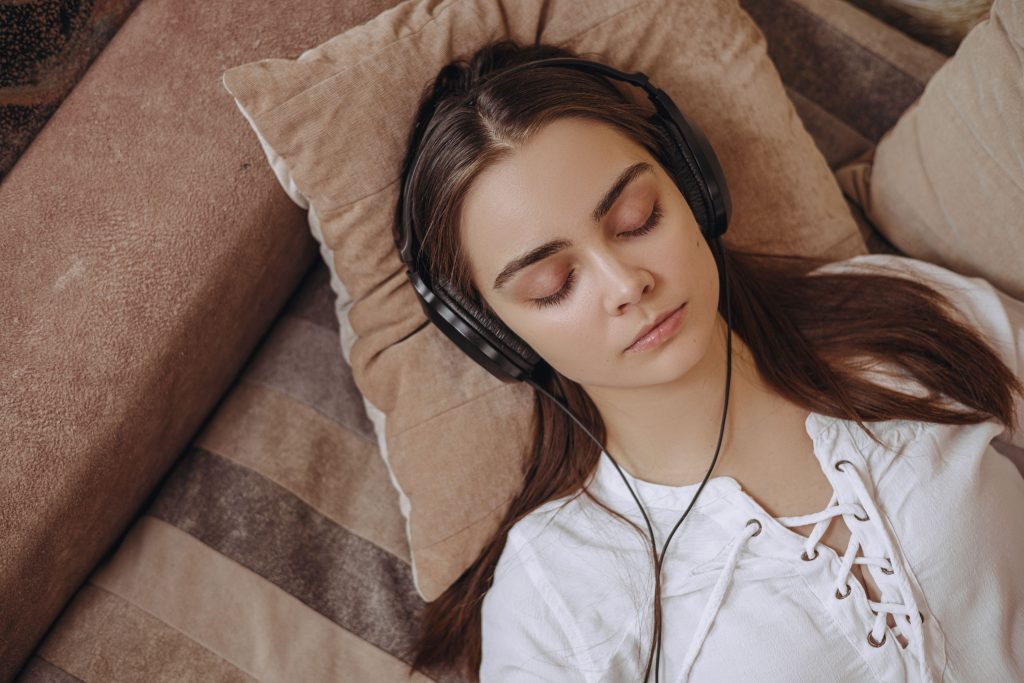Do you have trouble sleeping? You’re not alone. In today’s fast-paced society, prioritizing aspects of your life such as exercise, nutrition, and sleep is tricky.
Many reasons can cause sleep deprivation, like stress, obesity, sleep disorders and even your sleeping environment. One such factor that many overlook is sound, and I’m not talking about blaring music as loud as you can while you sleep.
White noise is a frequency that helps calm brain activity and induces sleep. It can also mask other ‘annoying’ noises, such as your partner snoring or the next-door dog barking. While some people swear by white noise, myself included, others are less impressed.
Let’s take a deeper look at what the science says.
What is white noise

White noise is a noise that is comprised of equal measures of all frequencies across the entire spectrum of sound. Due to white noise spanning numerous sound bands, it’s often called ‘broadband noise.’ Still not sure what white noise is. Do you remember the static sound of an untuned TV or radio? That’s white noise.
Researchers have been looking at the effects of white noise for years and have found some positive results. White noise has been shown to stop babies from crying, increase work productivity, help people sleep and even mitigate the symptoms of depression.
Three ways white noise helps you sleep

When it comes to optimal peak performance and productivity, getting a good night’s sleep is not only necessary but essential. Sleep deprivation can lead to more serious health conditions such as:
Sleep apnea
Insomnia
Trouble concentrating
Brain fog and poor memory recall
Greater risk of developing chronic disease
Furthermore, a lack of sleep can result in cognitive health impairments like poor memory recall, morning brain fog and daytime tiredness. These symptoms can be hazardous, especially if you operate heavy machinery or drive a car.
Let’s look at the vital role white noise plays in helping to calm your mind and help enhance your sleep quality.
1An integral part of your sleep routine
White noise is a powerful sleeping aid and can help enhance the quality of your sleep; however, when combined with other bedtime strategies, it can become a real ‘game-changer.’ A sleep routine includes performing activities at the same time each night before you go to bed.
For instance, you might read a book, take a warm bath and perform some light stretching. Now you can also include white noise as part of your sleep routine. White noise has been shown to calm the brain and help you forget about the day’s stresses.
2Triggers the brain to sleep
White noise triggers your brain and lets you know it’s time to sleep. Just as with most things in life, listening to white noise can take some time to get used to, but trust me, once you get the hang of it, it can literally transform your sleep and your life.
Scheduling an exact time to start listening to white noise each night may also vary for people. Some find it relaxing to start listening to white noise before bed, while others prefer to set a timer and have it come on while sleeping. Either way, white noise can make a difference.
3A silent sleeping experience
Many people are extremely sensitive to even the smallest sounds while sleeping, and this is perhaps where white noise plays its most significant role.
White noise can help to ‘mask’ sounds such as a barking dog, a clicking tock, or, God forbid, your partner snoring. These unwanted sounds disrupt your stages of sleep and can lead to restless nights and morning brain fog.
White noise benefits for children and babies


Did you know that nearly 30% of children have trouble getting to sleep? Although some researchers disagree, introducing white noise may be an effective way to help your child get a good night’s sleep.
According to the American Academy of Pediatrics, some claims made by white noise device manufacturers are not backed by reliable and verifiable research. Loud noise or sudden changes in volume may result in hearing loss, particularly among babies and young children.
Because of this, the American Academy of Pediatrics suggests the following three tips for those parents wanting to experiment with white noise for their child.
1. Place the speaker or white noise device as far away from the child’s bed as possible.
2. Test the volume first to ensure it’s not too loud and may wake the child rather than help them sleep.
3. If possible, set a timer to have the white noise disabled after 60 minutes. Hopefully, they’ll be asleep by then.
If you’re unsure about how to effectively and safely use white noise, please seek the advice of a qualified healthcare professional. These experts can provide tips and strategies to ensure your child’s safety.
White noise Vs Pink noise

Similar to white noise, pink noise has also been shown to induce tiredness and improve the quality and duration of your sleep. Pink noise is composed of sounds across the entire sound spectrum. Studies have also shown that pink noise can boost cognitive health and enhance sleep quality among seniors.
One study compared the effects on sleep from pink noise and the sound of a waterfall. Researchers concluded that pink noise significantly improved the participant’s sleep quality compared to the sound of the waterfall.
Sum it up

If you struggle to sleep, you’re not alone, but with white noise, your journey to good sleep might be much smoother than you think. There are also 100s of free apps available, so there’s no reason not to try white noise tonight.
Making white noise an integral part of your nightly sleep routine is the best way to take advantage of its powerful benefits. Remember, though, white noise is not a silver bullet for good sleep. It should be used in conjunction with healthy eating habits, regular exercise and other calming strategies such as Yoga and Tai-chi.
Turning off all your electronic devices and keeping your room dark will also help you ‘hit the hay.’ So whether it’s rain on the roof or winds howling through the valley, white noise might just be the answer to your sleeping problems.
Hungry for knowledge? Here is more
In this video by the Seeker YouTube channel, we dive deeper into the world of white noise and explore the differences between white noise and pink noise.
Receive Exclusive Tips & Weekly Digest – subscribe to our newsletter








